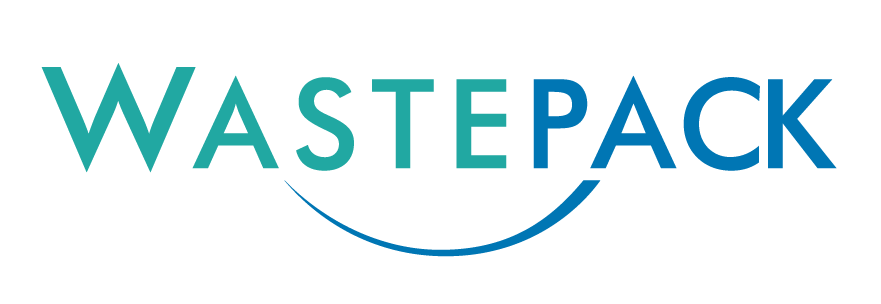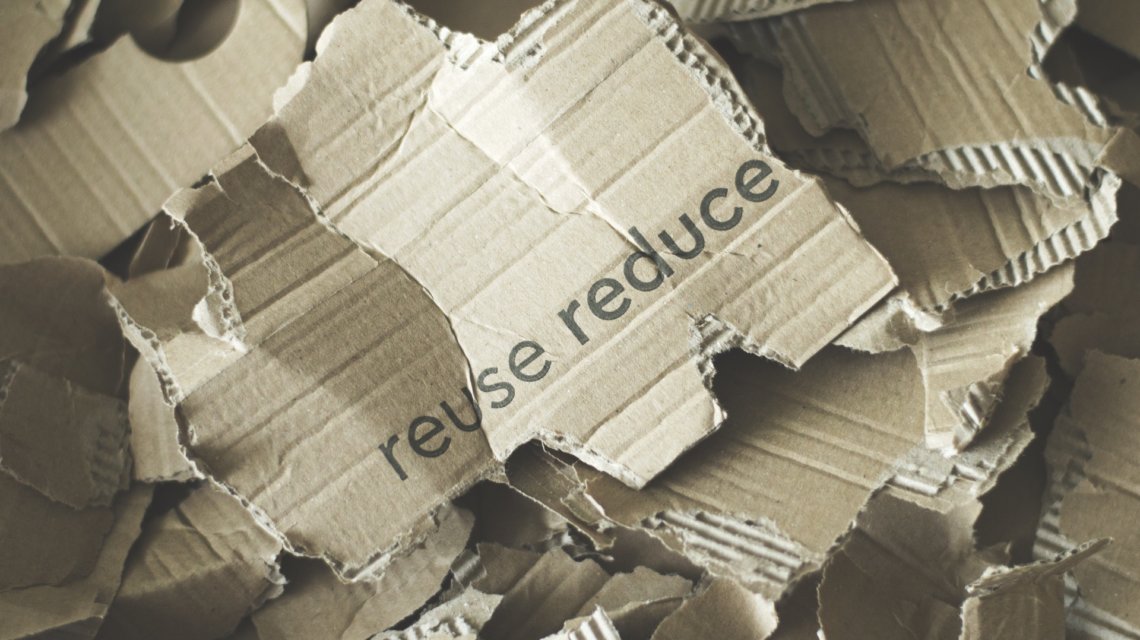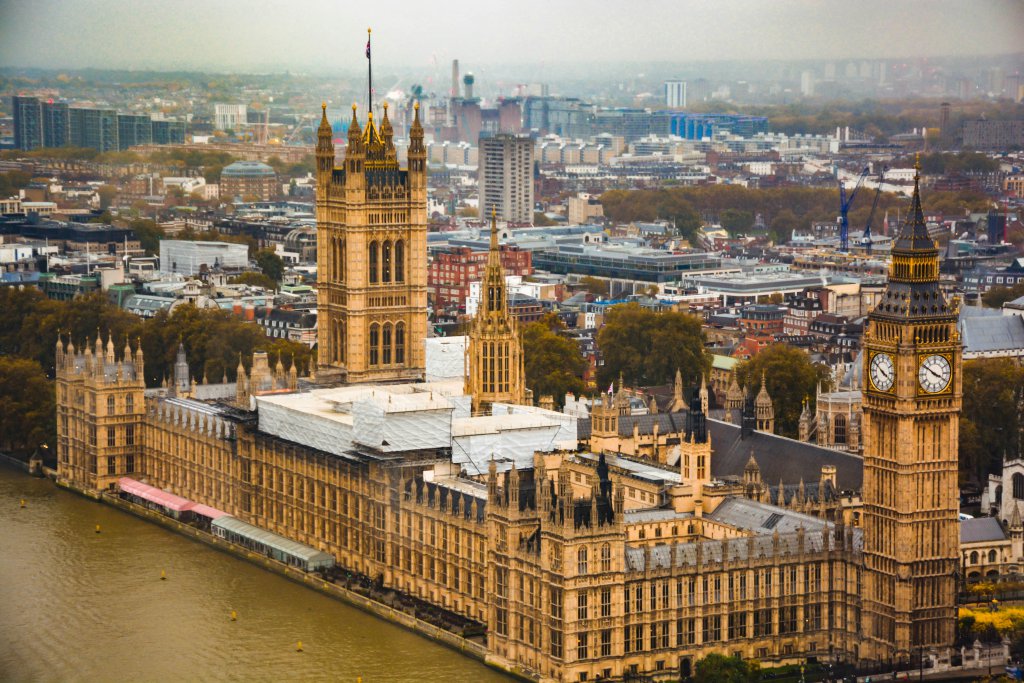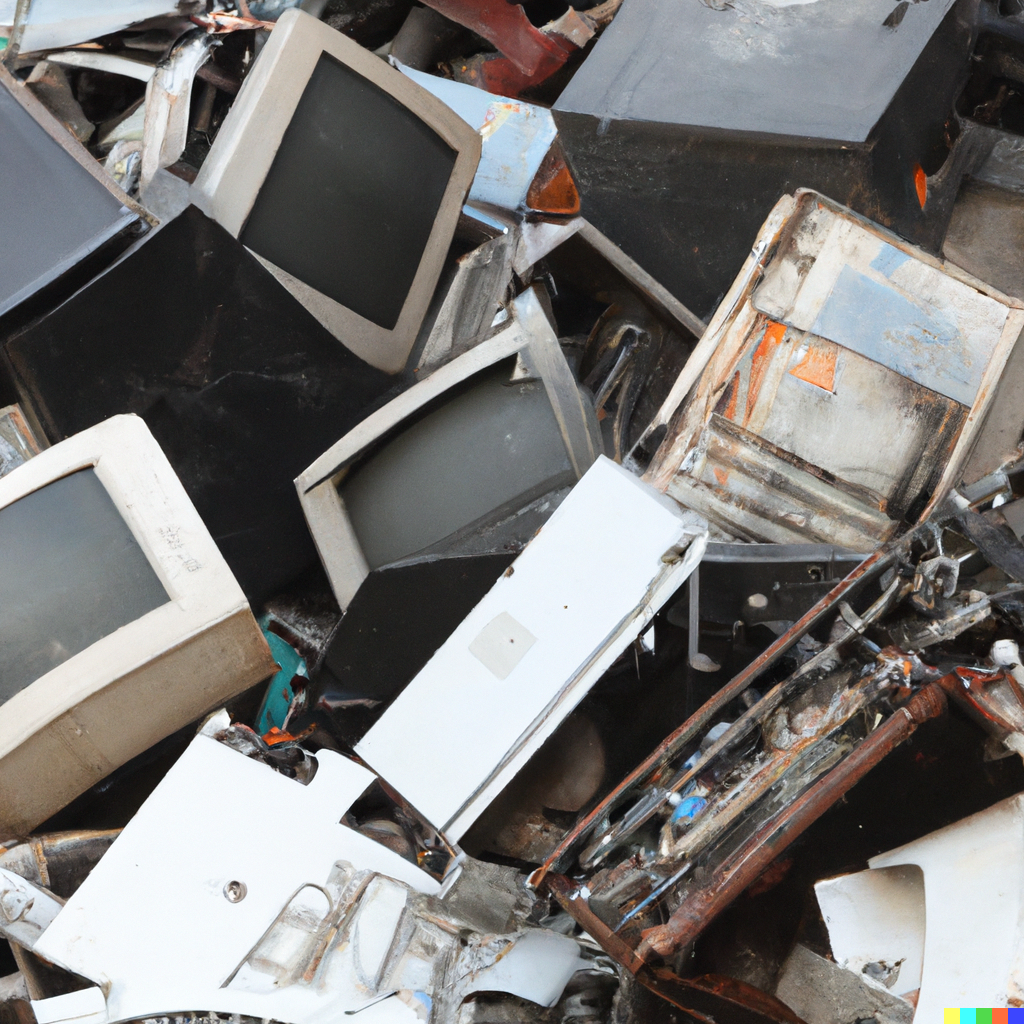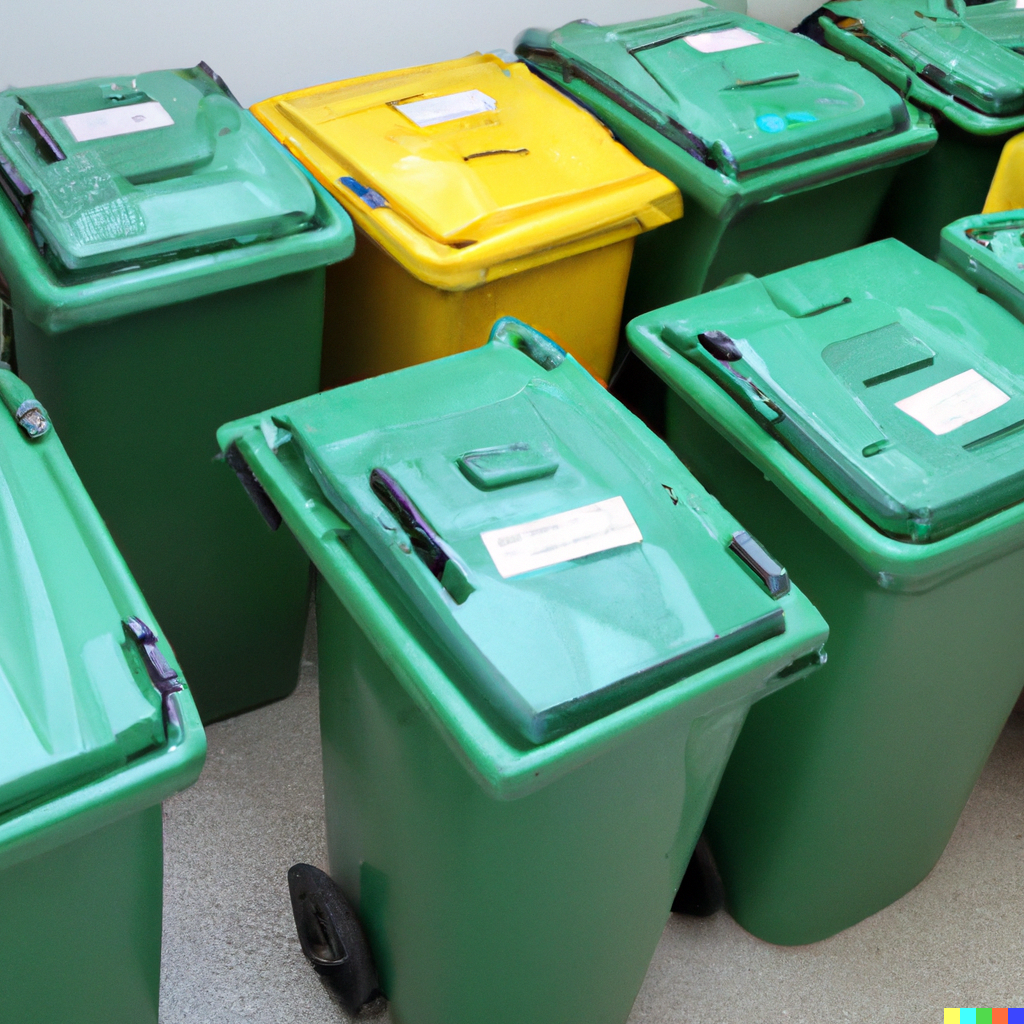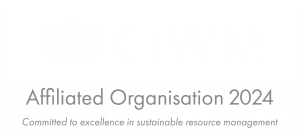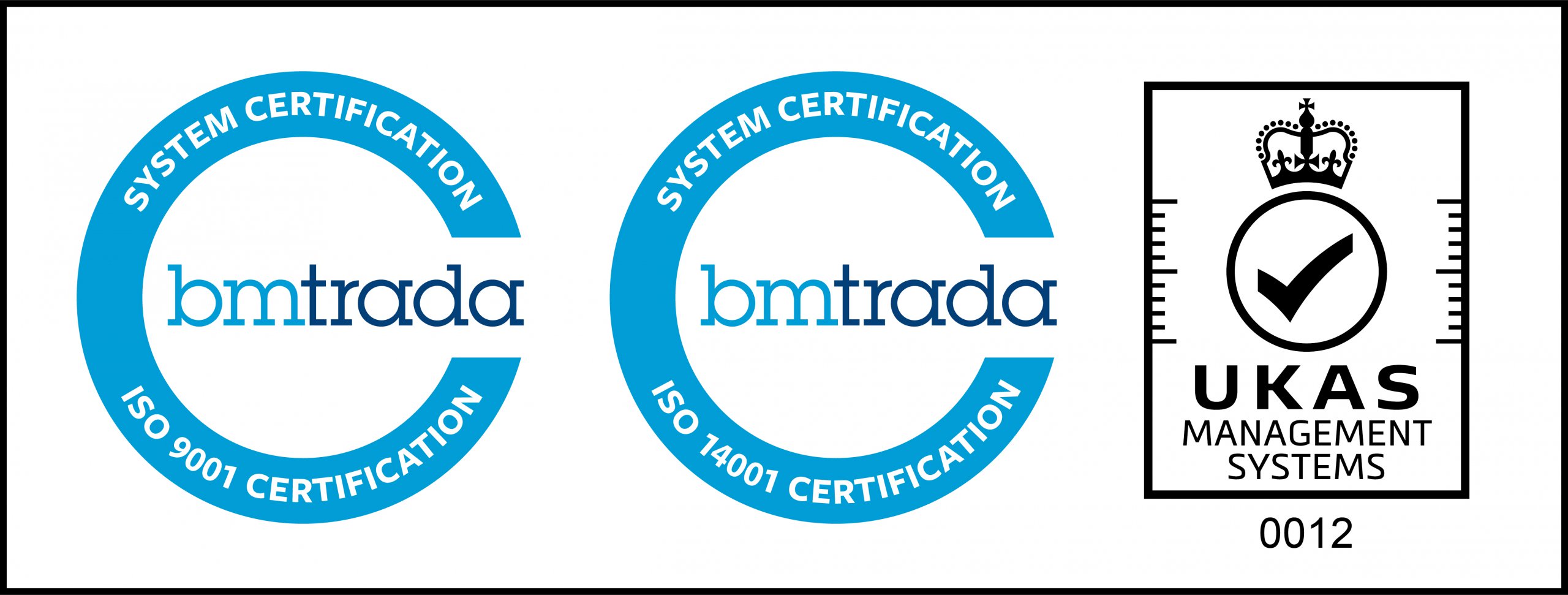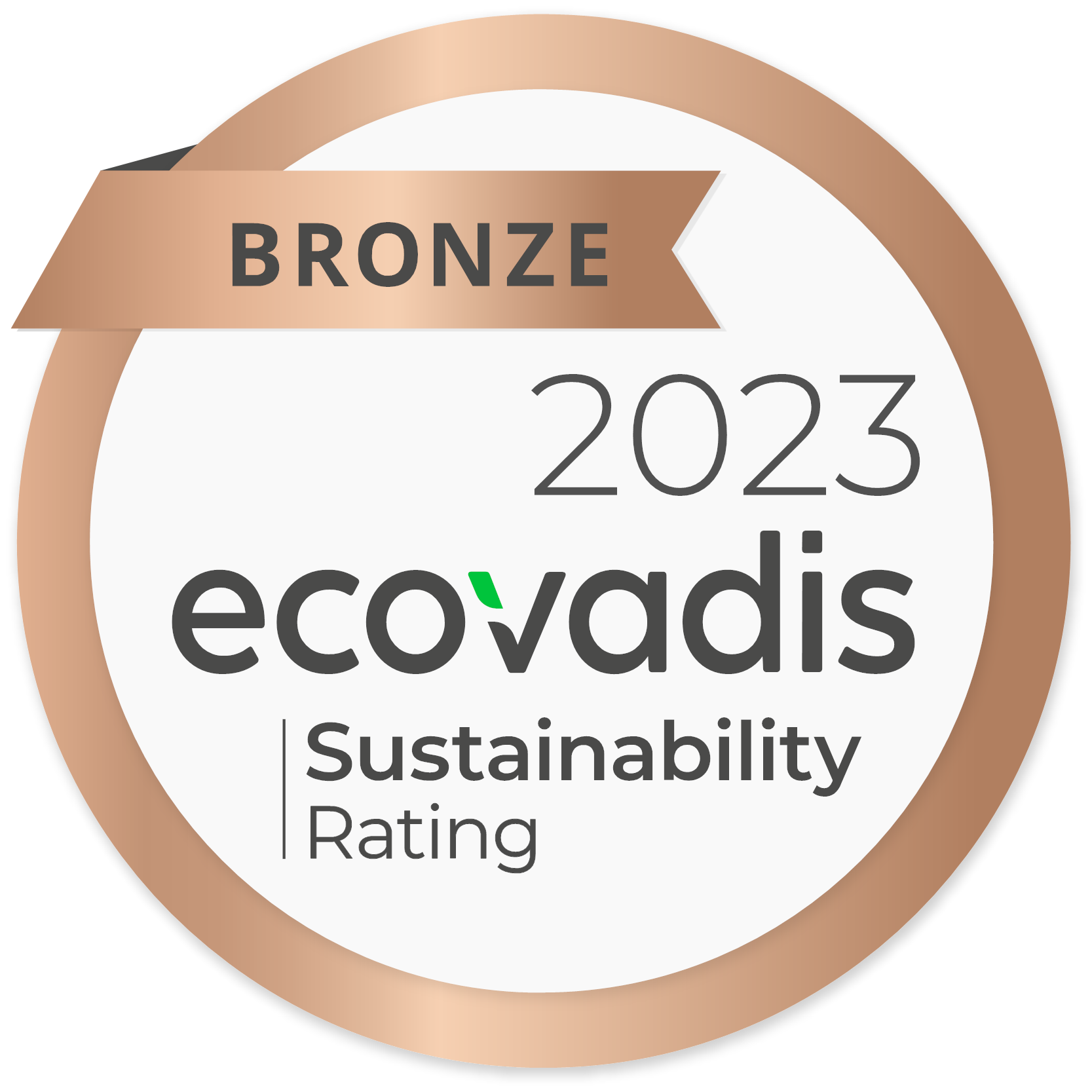The Department for Environment, Food and Rural Affairs (Defra) and the Treasury have launched four consultations seeking views on how to implement some of the main principles outlined in the government’s Resource and Waste Strategy.
This includes consultations on Packaging Waste Reform; a Deposit Return Scheme (DRS) for England; along with a tax on producers who use less than a 30% recycled content in plastic packaging.
The Wastepack Group has put together several consultation summaries to simplify these changes and more importantly, encourage members to have their say!
Consistency in Household and Business Recycling Collections in England
Over the last two decades, England has recorded a strong increase in household recycling rates rising from 11% in 2001 to 45.2% in 2017.
Defra says that despite this healthy rise, the last few years have seen a decline in household and business recycling collections, according to local authorities. Albeit that councils have introduced new services to improve recycling, some authorities do not retrieve the full waste stream of materials for recycling or collect food waste separately. There has also been an increase in “confusion” among some householders as to what items can and cannot be recycled, the Department notes.
Among its proposals are for more consistent collections of materials from households, potentially dropping charges for collections of green waste where these are imposed, and the roll-out of food waste collections across England.
Funding for improved services will come, it is suggested, from changes to the existing producer responsibility scheme.
Deposit Return Scheme
Reflecting public and political concern about plastic pollution, a Deposit Return Scheme is proposed, which is likely to come into force from 2023. The overall goal for the government is to ensure that if a Deposit Return Scheme (DRS) is introduced, it will be easy for consumers to return their unwanted plastic bottles and containers, which it notes will increase recycling rates.
The DRS consultation is directed at businesses of whom sell or import drinks in single-use containers, compliance schemes, NGOs as well as organisations within the waste and recycling sector such as local authorities, waste management companies, brokers, exporters and UK reprocessors.
When the DRS legislation is passed, there will be a short period of further formal consultation on specific regulatory measures in early 2020, the Department said.
There is some disagreement over the need for a DRS scheme because kerbside collections from households collect large numbers of bottles. So, Defra is consulting on two options, one for all containers, and the second for those used ‘on-the-go which are generally-speaking smaller drinks bottles bought and consumed by the public out and about and placed in litter bins.
Packaging Producer Responsibility Reform
The objective of Defra’s consultation is to reduce the amount of “unnecessary” and “difficult” to recycle packaging while increasing the amount of packaging waste that can be recycled, through reforms to the current packaging producer responsibility regulations.
A key factor is that rather than the current regime which costs producers about 10-15% of the costs of dealing with used packaging, the proposal is for a new regime which meets full or around 90% or more of the full net costs. This would represent a major increase in the costs imposed on businesses, with some of the extra money paid into the system going to local authorities to boost their collection rates.
According to Defra, the current system is over 20 years old and “needs reforming”, despite the UK meeting its recycling targets between 1997.
There is also a focus in the consultation on increasing domestic reprocessing infrastructures, to help cope with reductions in overseas demand for material and to facilitate higher environmental standards.
Plastic Packaging Tax
A year ago, the Government expressed its intentions on using the UK’s tax system or imposing fines to tackle the ongoing issues surrounding single-use plastics. The proposal received a record total of 162,000 responses, showing a strong public interest in this area.
From April 2022, the tax will be introduced and apply to producers and importers of plastic packaging which uses insufficient recycled content. The Treasury’s document highlights that “The tax will be set at a rate that provides a clear economic incentive for businesses to use recycled material in the production of plastic packaging, which will create greater demand for recycled plastic, and in turn stimulate increased levels of collection and recycling of plastic waste.”
Proposals for consistent waste collections will “assist households with segregating recyclable items” whilst setting minimum standards for local authorities. The government believes that together with the Packaging Producer Responsibility regulations, this taxing method will provide businesses with the right incentives to evaluate the impact of their plastic packaging decisions, which will spearhead development towards more sustainable packaging.
